Designer babies? Changes in the human species? These are a few of the unnerving questions that surround the powerful genetic engineering technique known as CRISPR. While CRISPR has the potential to prevent congenital diseases, the editing of human embryos raises complex issues, both technical and ethical.
In 2017, the National Academies of Science and Medicine (NAS) brought together ethics experts and scientists to decide how and whether to allow changes to the human germline. NAS is an independent society of distinguished scientists who provide objective advice to the U.S. and Congress on science and technology issues.
The Congressional Biomedical Research Caucus welcomed Dr. Richard Hynes, chair of the 2017 roundtable. Dr. Hynes discussed the current U.S. guide to gene editing, disease conditions where gene editing is being used successfully, and why the U.S. supports an international ban in some areas of gene editing.
The Congressional Biomedical Research Caucus sponsored this exciting and timely discussion on the human interdependency on these organisms, and how the microbiome likely has a role in every aspect of our health, from growth and development, to precision cancer therapy response, to mental health, and beyond.









